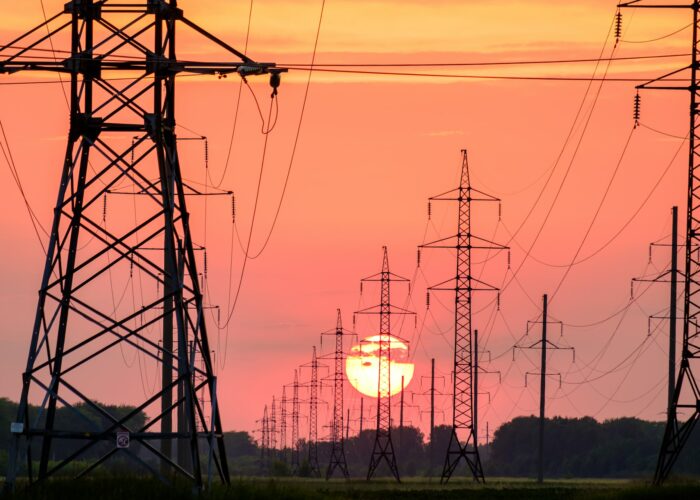In the face of rising energy costs, it has been announced that high energy usage businesses are set to benefit from further government support. We’ve created a quick guide to help you understand the Energy Intensive Industries (EII) compensation scheme.
What is the Energy Intensive Industries (EII) compensation scheme and why is it important?
The EII compensation scheme is a UK government initiative designed to help energy-intensive industries. This will help ensure the UK remains an attractive investment destination for energy intensive industries, whilst encouraging greater electrification to help cut emissions as part of the green industrial revolution.
What support will the EII compensation scheme provide?
Fixed price power deals utilised by most energy intensive users are currently drawing to a close. This leaves organisations with the prospect of negotiating new terms at a time when the raw price of energy is soaring to record highs.
To alleviate the pressure, the government has extended the EII compensation scheme, which had been due to end this month, for a further three years, with the budget also set to double. To put it into perspective, since 2013, more than £2 billion has been spent supporting businesses through the scheme.
The scheme provides businesses with relief for the costs of the UK Emissions Trading Scheme (ETS) and Carbon Price Support mechanism in their electricity bills.
The compensation schemes will apply to Great Britain only. Energy intensive industries in Northern Ireland are not eligible.
How will the government calculate compensation?
For the financial year 2022/2023, the scheme will operate on a multi-annual baseline period. This means an organisation’s level of compensation will be determined using a five-year period of historic data. There will be an option within this to exclude 2020/2021 and 2021/2022 from the baseline to account for the Covid-19 pandemic. After this, the government says it will explore the option of no longer calculating the level of compensation based on a multi-annual baseline period, but base it on the actual level of production or electricity consumption of the preceding quarter.
Are there any new additions to the scheme?
For the first time, the EII compensation scheme will provide support for companies that manufacture batteries for electric vehicles, supporting the UK’s drive to capitalise on the global shift to greener technologies.
How has the expansion of the EII compensation scheme been received?
Many energy-intensive user industry groups have welcomed the support. UK Steel Director General Gareth Stace commented that it was a “much-needed step to tackling the industrial electricity prices that hold the UK steel sector back from competing with our European counterparts.”
But the Confederation of British Industry (CBI) has argued that it does not go far enough. The CBI’s programme director for decarbonisation Tom Thackray, said: ” The government must now build on this package by actioning further support measures announced in the recent British Energy Security Strategy and providing wider cashflow support through the Recovery Loan Scheme.”
What other solutions are available to high energy using businesses?
The EII compensation scheme will provide much needed support for British industry. But we have a strong belief that organisations need to look beyond the next three years and investigate all the ways they can protect themselves from rising costs, including investment in low carbon technology.
Such investment, from replacing outdated lighting to the implementation of large-scale renewable solutions, EV infrastructures and distributed energy schemes – will play a vital role in improving energy resilience and reducing operational costs. It will also help businesses who have committed to decarbonising their operations and are aligned to domestic climate reduction targets.
How can Capitas Finance help?
Finance remains one of the biggest barriers to positive change, and many businesses will be put off taking the necessary steps that will improve their energy resilience due to a lack of access to investment funds. But it is vital to remember that not every change has to be complex or costly. As a specialist energy solutions finance company, we can help remove the barriers to energy finance.
We’re here to help businesses become more resilient. By working closely with customers we can offer solutions that help companies maintain their operations, reduce their commercial risks, and remain competitive, without the need for up-front capital outlay. In increasingly uncertain times, such investments really could make a world of difference.
Other blogs you may be interested in.
Energy resilience: a wake-up call for companies worldwide
To find out how Capitas can work with you, drop us a line here.




